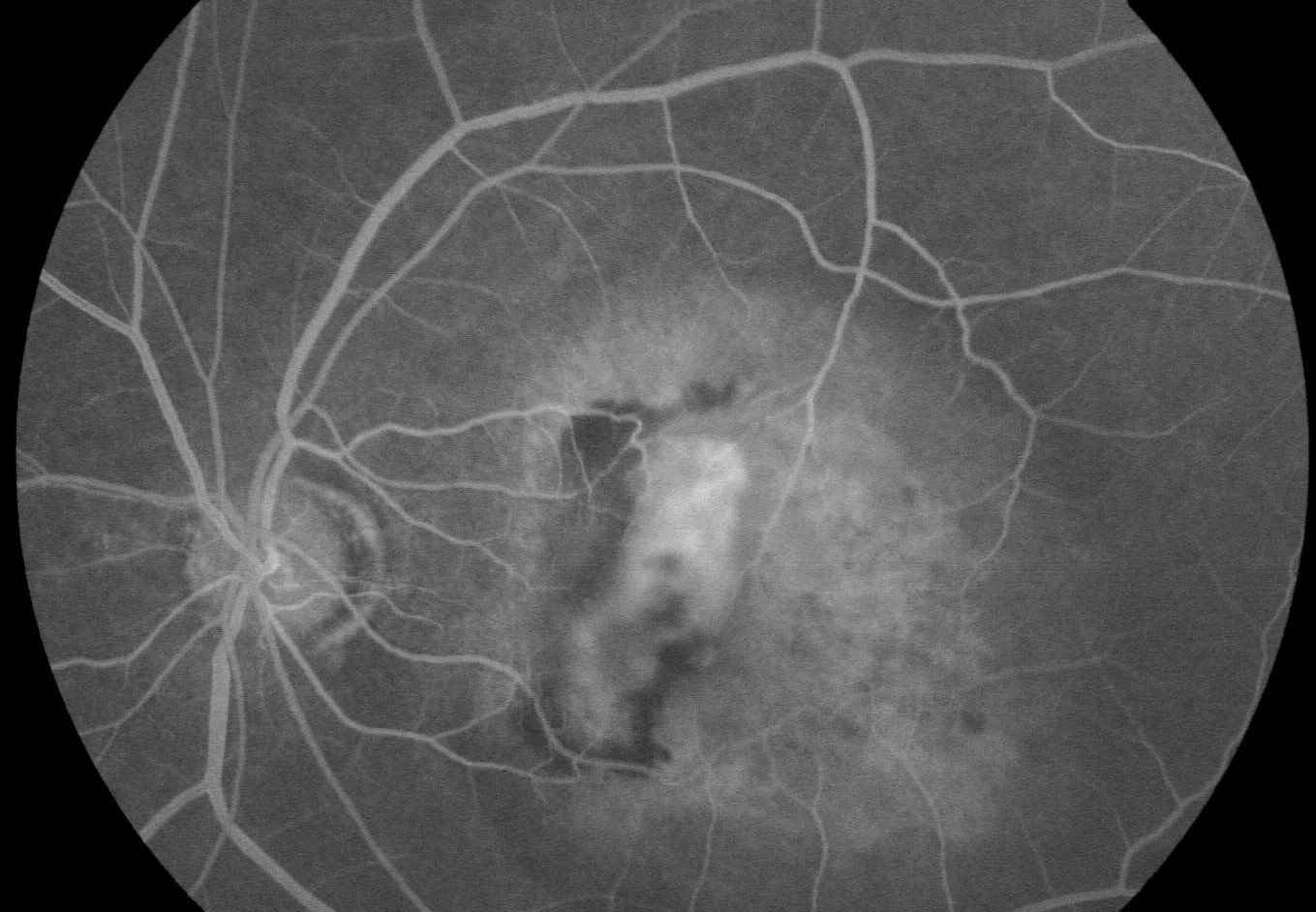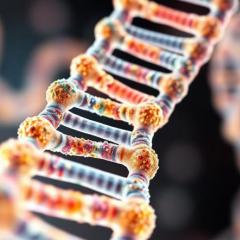A potential improved treatment for two of the leading causes of blindness – age and diabetes-related eye problems – has been demonstrated in research involving a University of Queensland expert.
Professor Di Yu of the UQ Diamantina Institute collaborated with scientists from the Chinese Academy of Sciences and Beijing Chaoyang Hospital to address an issue affecting approximately 450 million people worldwide.
“There is a high prevalence of ocular neovascular disease, with 415 million people at risk of loss of sight through diabetes, and as many as 50 million with age-related macular degeneration,” Professor Yu said.
“With an aging population, the number of cases of age-related macular degeneration is expected to increase as much as five-fold by 2040.
“At the moment, ocular neovascular diseases are treated by a method that suppresses a particular growth factor for vessels, but between 40 and 60 per cent of patients do not respond well.
“Those who do not respond well might exude fluids, have unresolved or new bleeding, thickening or scarring of tissue, or fail to recover functional vision.
“In our study of a novel treatment in animals, volumes of lesions were reduced by 95 per cent.”
 The current treatment for these diseases is delivered via an injection in the eyeball.
The current treatment for these diseases is delivered via an injection in the eyeball.
However, Professor Yu and his collaborators are pioneering a more complex nanodrug which not only delivers an antibody, but simultaneously combats inflammation and identified side effects.
“The efficacy was superb,” Professor Yu said.
“The new design allows the nanodrug to concentrate on lesions and deliver lasting benefits.
“With the impressive results, further developments are now underway to translate it into a new therapy.
“This new approach will hopefully benefit a large number of patients with age-related macular degeneration or diabetic retinopathy by improving eyesight and preventing blindness.”
Professor Yu’s research has been published in the journal Nature Biomedical Engineering (https://doi.org/10.1038/s41551-021-00764-3).
Media: Professor Di Yu, di.yu@uq.edu.au , +61 (0)7 3443 6954; UQ Communications, med.media@uq.edu.au, +61 (0)7 3365 5118, +61 (0)448 410 364.



